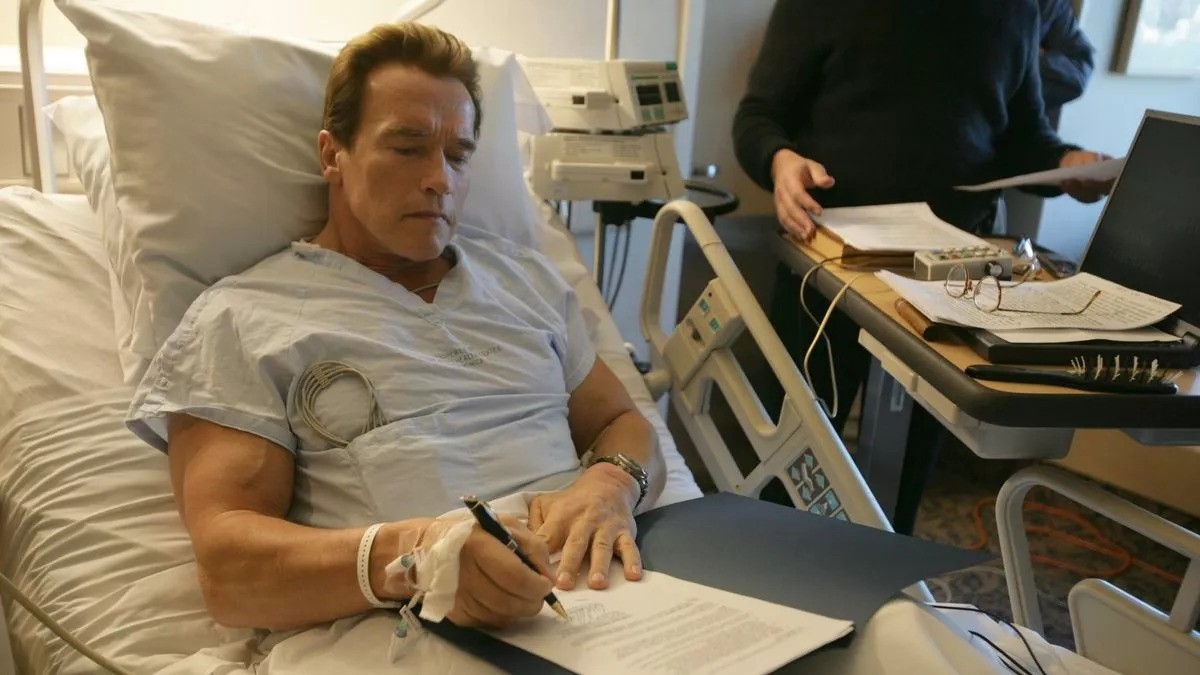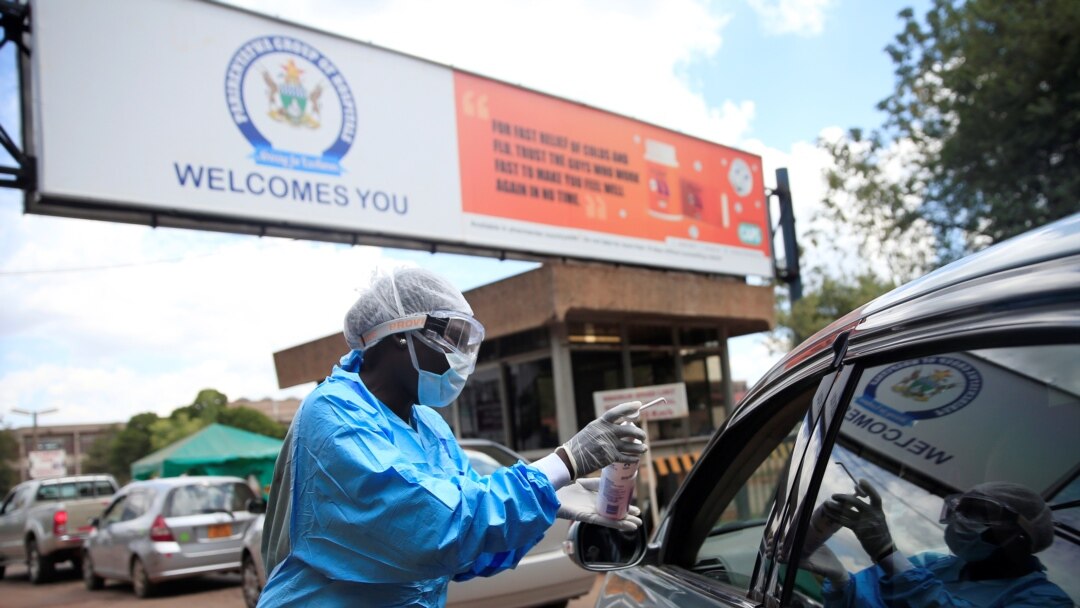ZIMBABWE’S public health institutions need about 8 000 new nurses to meet growing demand for health services despite government’s decision to freeze recruitment in the civil service, it has been established.
The shortage of health workers has compromised the country’s health delivery system, which is also plagued by a number of problems among them a shortage of drugs and critical equipment.
Currently, public nursing staffing levels are in line with standards approved soon after the country attained independence in 1980, leaving a huge gap at state clinics and hospitals, Health minister David Parirenyatwa said.
But a freeze on new recruitments, which was adopted in 2011 to contain a ballooning public sector wage bill has left many health care centres understaffed.
“If we go around the country you will see that our country needs between 7 000 and 8 000 nurses but we have 3 000 nurses that are qualified sitting at home,” Parirenyatwa said at Chivhu Hospital last Friday.
“This staff establishment is based on 1983 models but the population has increased and the patterns of diseases has also changed so we need to absorb all the nurses that are unemployed,” Parirenyatwa said, adding, “I recently went to Masvingo General Hospital and I was told they have 188 nurses but they needed 40 more nurses.”
Zimbabwe’s population is estimated to have more than doubled since 1980 to about 14,6 million.
“I recently went to Maphisa hospital which used to be Antelope Mine and I noticed there are accommodation problems, what used to be the doctors, house which was occupied by my late father is now full of nurses. We still need a lot of accommodation as our institutions grow bigger,” added the health minister.
“The morgue also is too small. I was shown a compartment at the morgue which carries six people but there were 10 bodies meaning some bodies were put on top of other bodies. This is bad and we need to respect the dead.”
He said government was struggling to mobilise resources for drugs and staff remuneration due to funding challenges hence the need for donor support.
Going forward, Parirenyatwa said government plans to decentralise critical services such as x-ray scanning to improve health delivery and efficiency.-ZimInd
‘






